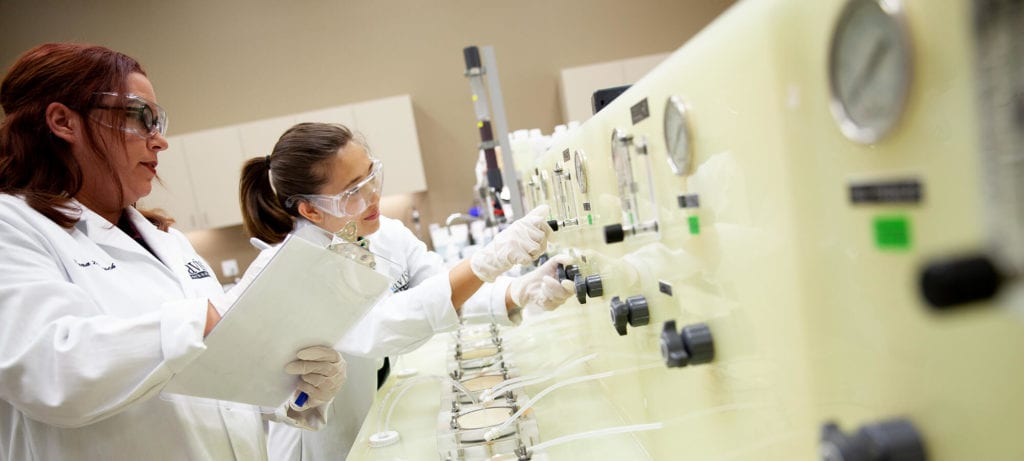Antiscalant Technical Guide
As the recovery rate of reverse osmosis (RO) systems increases, the concentration of salts concurrently rises in the RO reject stream, often exceeding the saturation point of sparingly soluble salts. This results in the formation of hard-scale deposits on the membrane surfaces and within the feed channel spacers. Scaling within RO systems is a grave concern as it not only substantially reduces the system’s performance but it can also cause irreversible damage to the membranes. The use of antiscalants can prevent such issues. Antiscalants inhibit scale formation, thus mitigating the risk of problems such as telescoping, mechanical damage to components, and abrasion. Common sparingly soluble salts that lead to scaling include calcium carbonate and sulfates of calcium, barium, and strontium. Less frequent salts include calcium phosphate and calcium fluoride.
To learn more about the role of antiscalants in maintaining RO system efficiency, download our Antiscalant Technical Guide.



